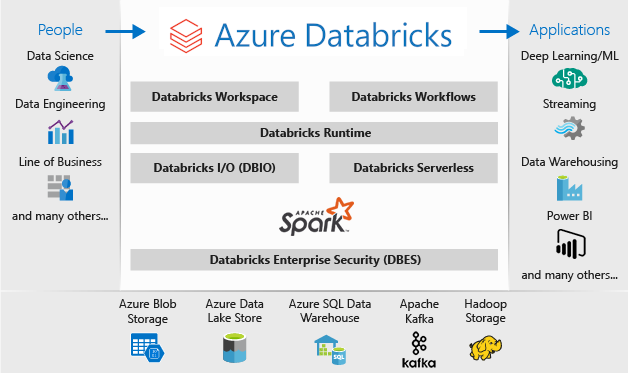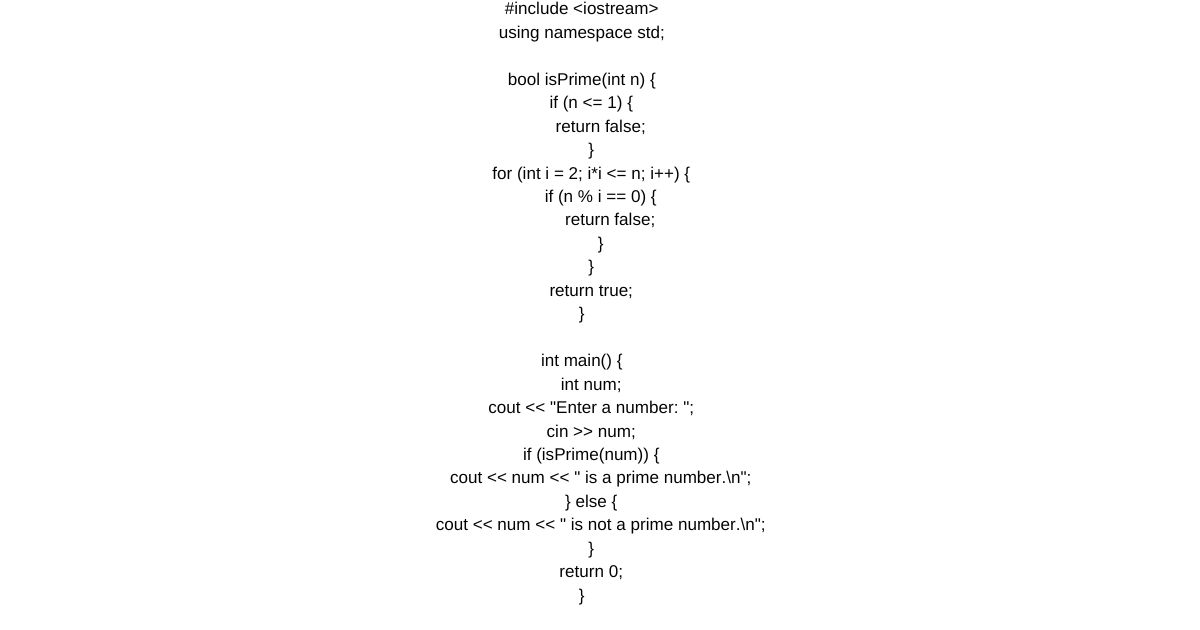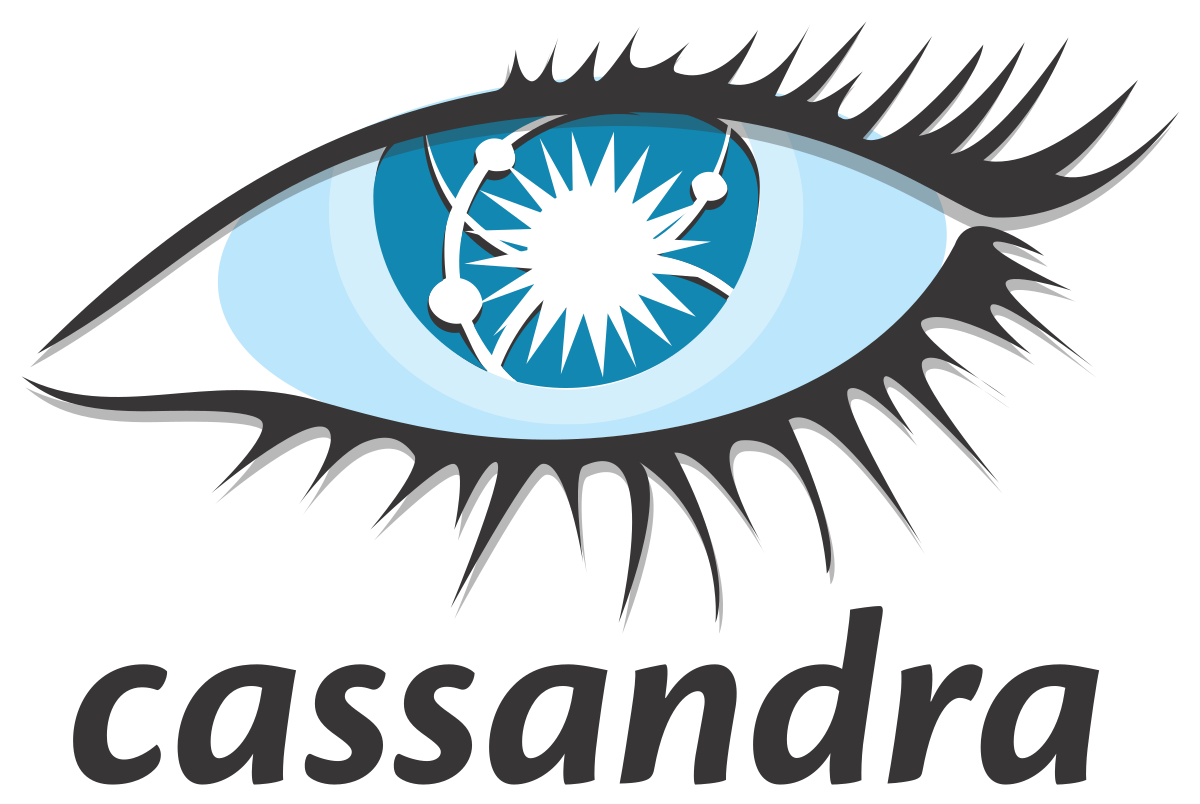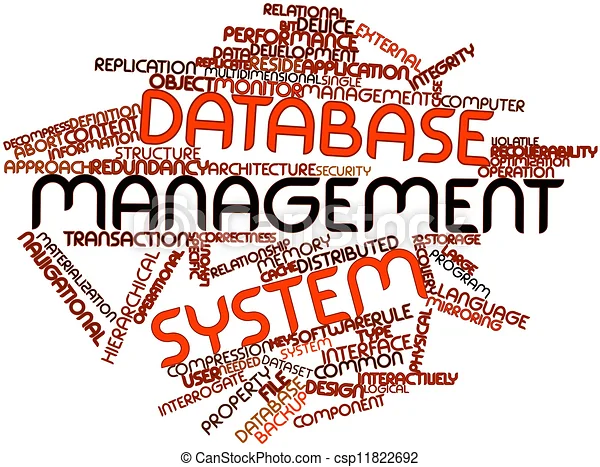Table of Contents
Google Gemini Algorithm
In a recent interview with Will Knight, CEO of Google DeepMind, Demis Hassabis, revealed that their upcoming project, Gemini, is currently in the development phase and will take several months to complete. Gemini is an amalgamation of various successful AI models, notably including DeepMind’s AlphaGo, which famously defeated a Go champion in 2016 using reinforcement learning, surpassing expert predictions.
Hassabis explained that Gemini combines the strengths of AlphaGo-type systems with powerful language capabilities found in large models. He also hinted at exciting innovations in the algorithm that would enhance its planning and problem-solving abilities.
According to Sundar Pichai at Google I/O 2023 conference, “AI is transforming our daily lives, revolutionizing the way we engage with technology. Whether it’s Gmail, Photos, or Maps, AI plays a vital role in crucial moments. However, the potential of AI extends far beyond our current achievements. Our commitment is to unlock the full power of AI across the products you cherish.
At present, we boast an impressive lineup of 15 products, each serving over half a billion individuals and businesses. Remarkably, six of these products have surpassed the 2 billion user mark. These staggering figures offer us abundant opportunities to fulfill our mission: to organize the world’s information and ensure its universal accessibility and usefulness.
This mission remains timeless, gaining even greater relevance with each passing year. Looking ahead, we believe that empowering AI to be helpful to everyone represents the most significant way we can advance our mission. We are dedicated to pursuing four key initiatives to make this vision a reality:”
Game Changer in the AI world
Traditionally, advancements in AI have relied on larger algorithms processing ever-growing datasets. As the number of internal connections, or parameters, increased, and training was conducted on massive datasets, the quality and capabilities of the models improved significantly. However, in April, Altman, a prominent figure in AI, stated that the era of big AI models had come to an end.
The costs of training and computing power had skyrocketed, while the benefits of scaling had plateaued. Altman suggested that improvements would come through alternative means, although he didn’t provide specific details.

It’s worth noting that Gemini won’t be the first multimodal algorithm or the first to employ reinforcement learning and support plugins. OpenAI has already integrated these features into its GPT-4 model with remarkable success.
If Gemini only matches GPT-4’s capabilities, it would still be a significant achievement. However, what’s particularly intriguing is the collaboration behind Gemini. DeepMind, known for designing AlphaGo and its successors, joined forces with Google Brain, the pioneers of transformers in 2017.
Merging DeepMind’s expertise in reinforcement learning with large language models could yield new and improved capabilities.
Most Advanced AI?
Gemini has the potential to mark a milestone in AI without requiring a massive increase in size. While GPT-4 is estimated to have around a trillion parameters, rumors suggest that Gemini could adopt a “mixture-of-experts” model composed of eight smaller, finely-tuned specialist models similar in size to GPT-3. OpenAI has not confirmed the exact size or architecture of GPT-4, refraining from releasing specifications for the latest model for the first time.
Both DeepMind and Google have shown interest in developing smaller models with enhanced performance. DeepMind’s Chinchilla and Google’s GLaM experiments have explored the concept of mixture-of-experts models. Gemini may be slightly larger or smaller than GPT-4, but the difference is likely to be marginal.
However, due to increasing competition and the desire to maintain a competitive edge, companies are becoming more secretive about their model details. Consequently, it may be challenging to obtain precise insights into the inner workings of Gemini. Hassabis suggested that evaluating advanced models for their abilities and controllability is crucial, and he expressed his openness to allowing external researchers to evaluate models like Gemini.
Whether Gemini will surpass or merely match GPT-4 remains uncertain. As architectures become more complex, advancements in AI may no longer be automatic. Nonetheless, the combination of data and approaches, such as incorporating images and other inputs with text, integrating large language models with reinforcement learning models, and combining smaller models into a cohesive whole, maybe the direction Altman hinted at when he spoke about
Google Gemini Release Date
As for the release timeline of Gemini, Hassabis didn’t provide specific details. If training is expected to take “several months,” it could be a while before Gemini becomes available. It’s important to note that the completion of training is no longer the final step. OpenAI, for instance, spent months rigorously testing and fine-tuning GPT-4 before its official release.
Given Google DeepMind’s commitment to delivering a groundbreaking AI product, it wouldn’t be surprising to see Gemini launch later this year or early next year. However, the success and fulfillment of Gemini’s potential remain uncertain, leaving room for speculation. If Gemini lives up to expectations, Google could regain the spotlight from OpenAI, at least temporarily.
FAQ about Google Gemini AI
What is Google Gemini AI?
Google Gemini AI is a sophisticated artificial intelligence system developed by Google. It is designed to enhance various aspects of Google’s services and products by leveraging advanced machine learning and natural language processing capabilities.
How does Google Gemini AI work?
Google Gemini AI utilizes advanced algorithms and models to analyze vast amounts of data, understand user behavior, and provide personalized experiences. It can interpret natural language, identify patterns, and make predictions to improve search results, recommend content, and enhance user interactions with Google’s ecosystem.
What are the key features of Google Gemini AI?
Google Gemini AI offers a range of features that contribute to improved user experiences. Some notable features include enhanced search results, personalized recommendations, intelligent voice assistance, predictive typing suggestions, advanced image recognition, and improved spam filtering, among others.
Does the Google Gemini Algorithm impact search rankings?
Yes, the Google Gemini Algorithm can impact search rankings. Whenever Google releases a major algorithm update like Gemini, it can result in changes to how web pages are ranked in search results. Websites that align well with the new ranking factors and provide high-quality content may experience improved visibility, while others may see a decline.
Which Google services and products utilize Google Gemini AI?
Google Gemini AI is integrated into various Google services and products. It powers features within Google Search, Google Assistant, Google Maps, Google Photos, Gmail, YouTube, and other platforms. Its influence is widespread, and it helps deliver more accurate and relevant information across Google’s ecosystem.
How does Google Gemini AI affect search engine optimization (SEO)?
With the implementation of Google Gemini AI, search engine optimization strategies may need to adapt. The AI system aims to provide users with more relevant and personalized search results, which means SEO efforts should focus on high-quality content, user intent, and optimizing for semantic search to align with Google’s evolving algorithms.
How does Google address privacy concerns with Google Gemini AI?
Google places a strong emphasis on user privacy and follows strict privacy policies when utilizing AI technologies like Google Gemini AI. The company takes measures to anonymize and protect user data, ensuring that personal information is handled securely and in accordance with relevant privacy regulations. Google also provides users with control over their data and offers transparency regarding the AI systems’ data usage.
Also, read Google BARD
































Comment on “Google Gemini AI: The Most Advanced AI Algorithm?”
Comments are closed.